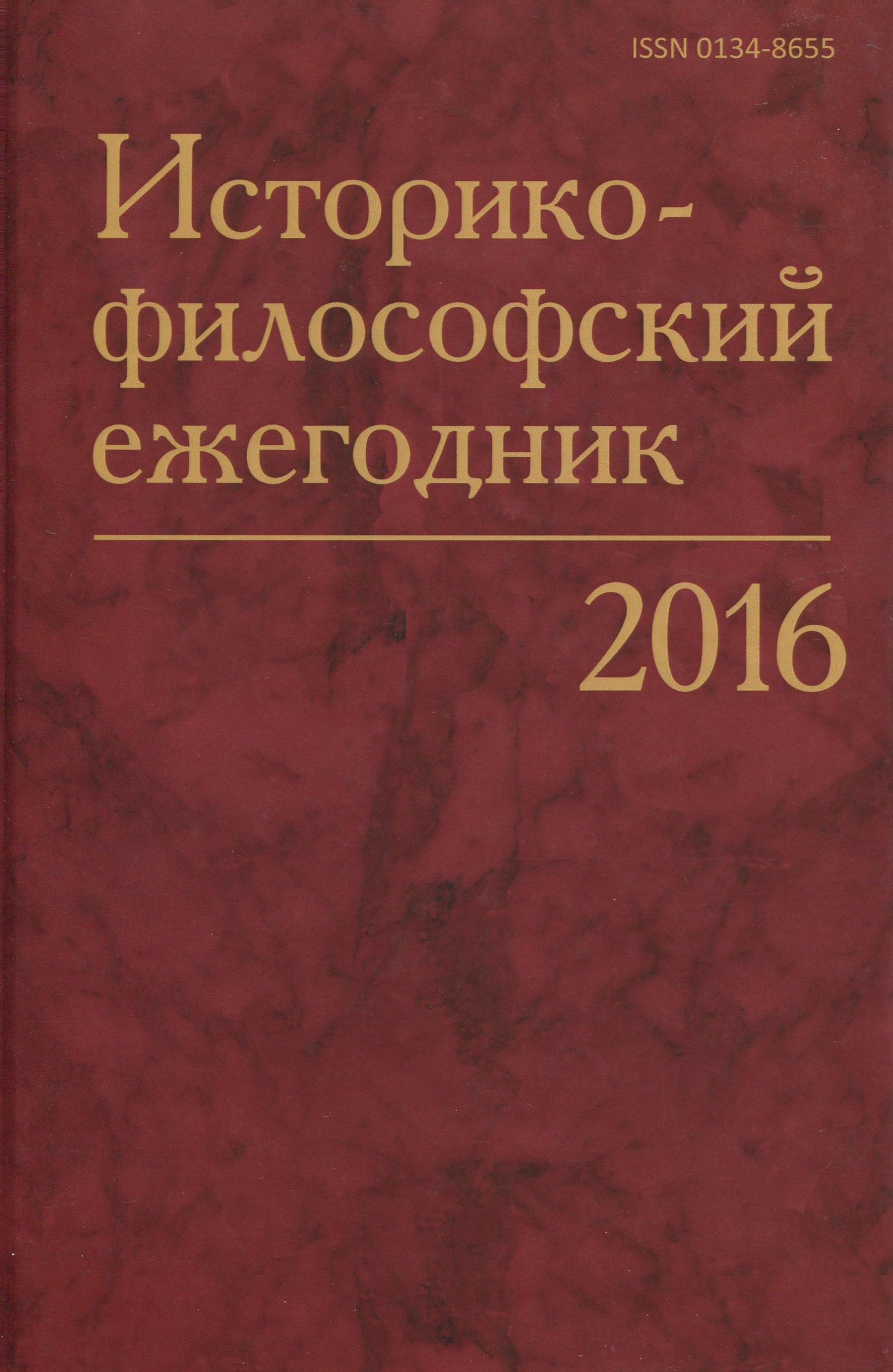Rational Soul and Its Virtues: Τhe Meaning of Terms γνώμη and συγγνώμη in the Nicomachean Ethics
Keywords:
Aristotle, the Nicomachean Ethics, Virtues, Intellectual Virtues, Prudence, Consideration, Consideration for others, Equity, Justice, Natural Virtue.Abstract
The paper examines the intellectual virtues according to the Aristotleʼs Nicomachean Ethics, Book 6. Division of virtues into two kinds, moral virtues and intellectual virtues, corresponding to a division of the rational faculty into two parts is considered. In the article it is shown that Aristotleʼs terminology is depended on Platoʼs but the term "intellectual virtue" was introduced for the first time by Aristotle. A brief summary of all intellectual dispositions named in the 6th book of the Nicomachean Ethics is given (such as intelligence, wisdom, science, prudence, deliberative excellence, understanding, consideration, etc.). The main focus is on the several virtues which is subordinated to the practical wisdom, or prudence (φρόνησις). The author gives the comments on a fragment Eth.Nicom. VI, 11, 1143a19–24 where Aristotle defines such qualities of the soul as « consideration» (γνώμη) and consideration for others, or forgiveness (συγγνώμη). The meaning of this term, usage, translation difficulties are discussed. In conclusion the author proves that appearance of term «natural virtue» at the end of the book is connected with Aristotle's attempt to solve the problem of unity and variaty of intellectual virtues and interconnection of practical
wisdom and moral virtue.

